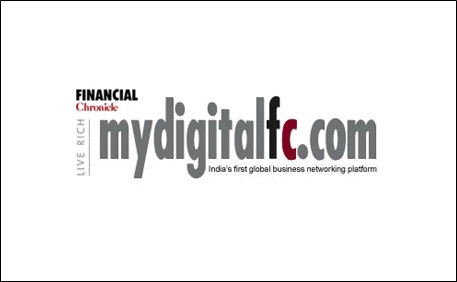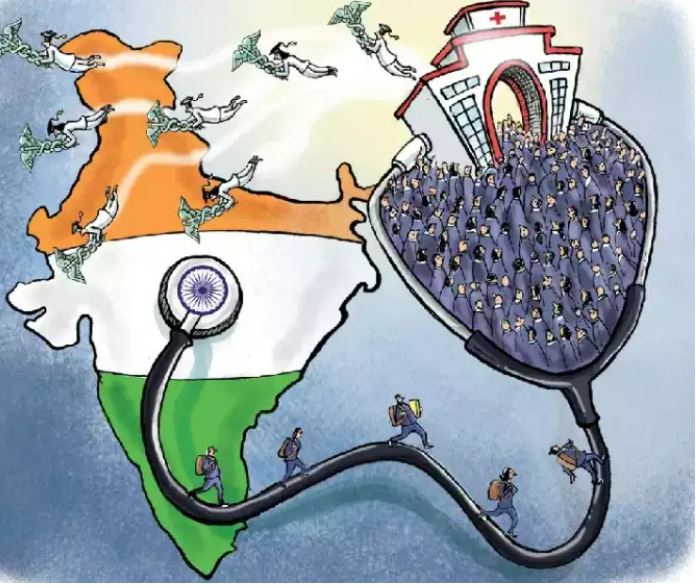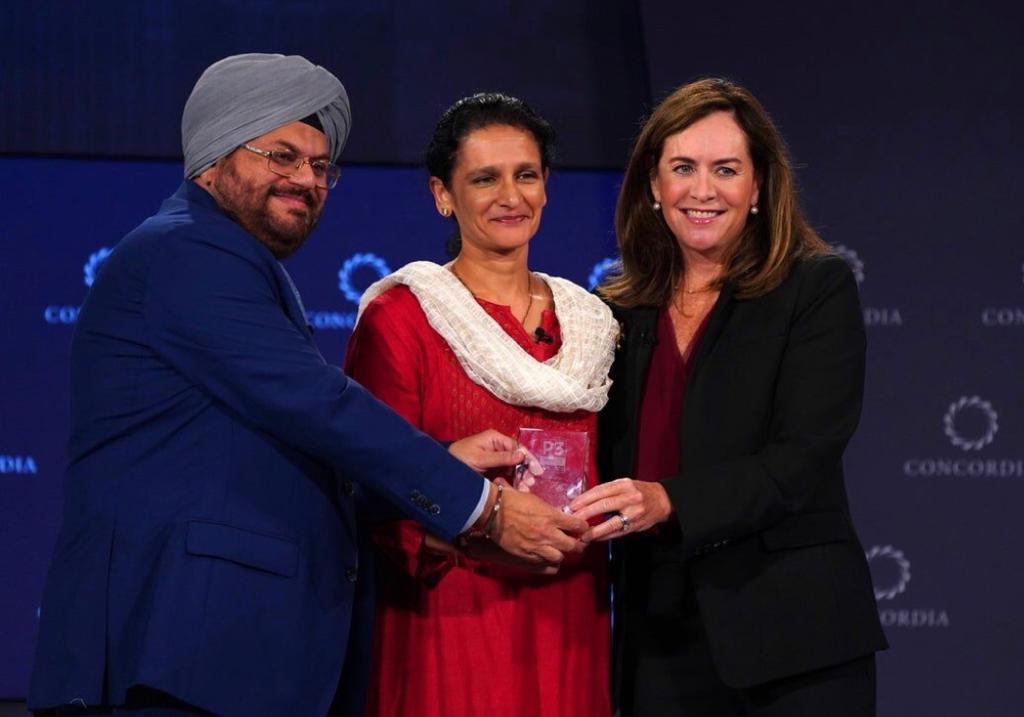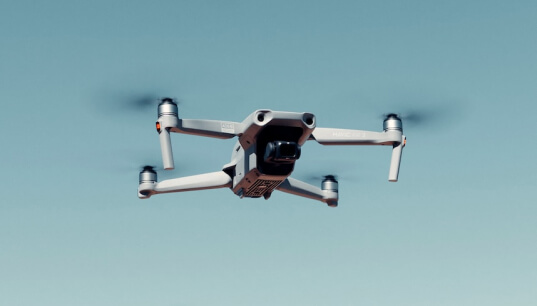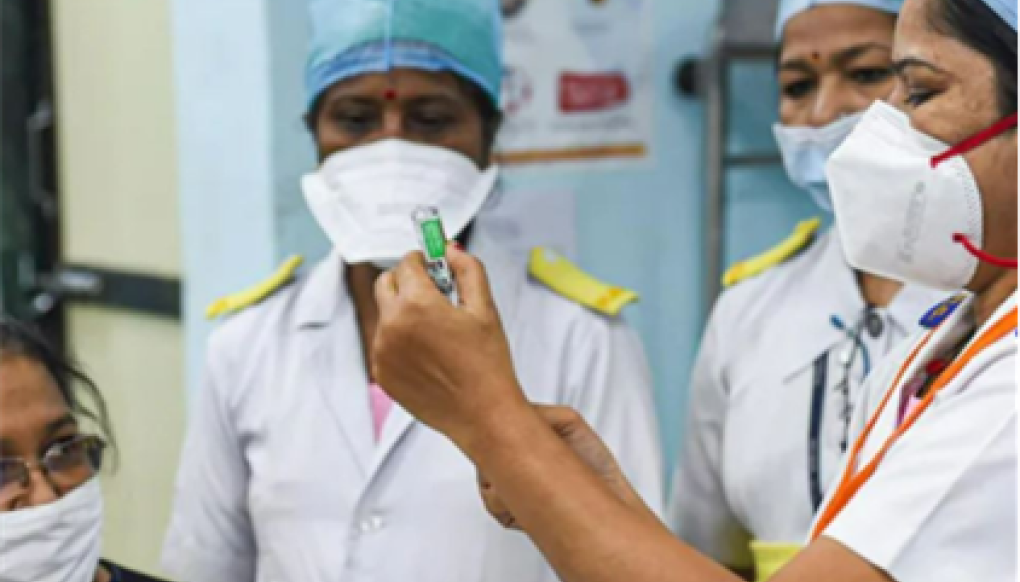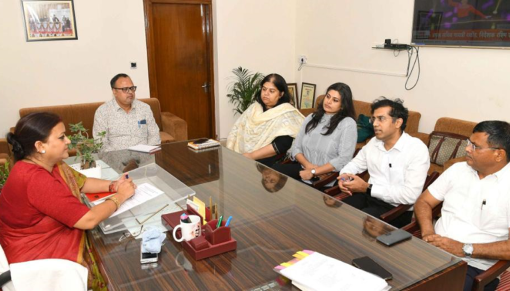Overall cost of homecare is 30% to 40% less than expenses at an institutional setup.By 2050, India’s 60 plus population would have grown from 100 million today, to over 300 million, with the overall population having grown from 1.2 billion to 1.6 billion. Noncommunicable diseases, including cardiovascular diseases, diabetes, chronic obstructive pulmonary disease and cancer would collectively cause around 50 per cent of all deaths in India and most patients in either advanced or convalescence stage will need homecare.
As of now, there are an estimated 6,000 agencies providing homecare services and the profession is quite unorganised. The spectrum of services varies from those providing semi-trained attendants and nurses for assisting the infirm and old, to deputing physicians, technicians and technology-enabled services to improve health outcomes.
Innovative startups have amalgamated bluetooth-enabled diagnostic tools that capture patient data, upload it via their smartphone to an EMR platform that uses predictive analytics to analyse health trends and push proactive healthcare interventions if the trends indicate that the patient’s health is deteriorating. This could be further fortified with a good mobile app platform that has a variety of standard operating procedures caregivers can access.
The overall cost of homecare is 30 per cent to 40 per cent less than the cost of care in an institutional setup. This is because there is no real estate cost of care and there are associated societal merits as the family does not incur additional costs in deploying a relative or attendant, or in commuting from home to hospital, besides incurring sundry expenses that hospitals charge indoor patients.Home healthcare providers have upgraded their services dramatically by providing ICU services at home, doorstep chemotherapy to cancer patients and ensuring that critically ill kidney patients do not travel long distances several times a month by offering dialysis at home.
Various studies have pegged the Indian home healthcare market at around $2.3 billion and growing at more than 18 per cent. Portea Medical is one such venture, which has also mustered venture funding from Accel Partners and VenturEast and is making almost 20,000 home visits every month. Medwel Ventures is another such startup, which acquired the Bangalore-based Nightingale home health services providing elderly care. It is in the process raising $15 to $20 million over the next three to five years to expand its spectrum of operations.
US-based Bayada Home Health Care bought a 26 per cent stake in Chennai-based India Home Health Care in September last year, it what happened to be its first investment outside the United States. Delhi-based Health Care at Home India, which has around 100 employees, is a joint venture between the UK’s Healthcare at Home and the Burman family, promoters of Indian FMCG company Dabur Group.Major hospital chains like Max Healthcare, Hinduja Hospital and Columbia Asia are also offering their own homecare services
Another service that bypasses the traditional outpatient visits is virtual doctors providing second opinion. In one series conducted by a leading second opinion company, it was observed that the discrepancy in opinions (between the patient’s doctors and the second opinion-giver for undergoing surgery) was the highest in heart problems at 55 per cent; knee replacements and hysterectomies were second at 48 per cent, while infertility was third on the list with 45 per cent discrepancy in opinions. The second opinions through virtual platform are being organised at a cost as low as $10.
In one of the largest random controlled study carried out in the US to evaluate efficacy of virtual doctors, vis-à-vis face-to-face contacts, the diagnostic agreement between physicians was 84 per cent between face-to-face and virtual visits.Global consultancy Deloitte predicted in August that out of an average 600 million general practitioner appointments in the US and Canada this year, up to 75 million could be e-visits. Replacing only 30 per cent to 40 per cent of office visits by e-visits could create a $50 billion to $60 billion market, Deloitte found.
Patients are gradually subscribing to startups such as Medicalsecondopinion, funded by a Singapore-based VC, MediAngels (Mumbai) and MedAccess for second opinion and primary virtual consultations. Newer initiatives like “Imperia Global — Medical Value Travel” and other such service providers are looking at providing second opinions and alternatives to international patients travelling to India for healthcare. Airline travellers book tickets online, bank customers can use internet banking to check accounts, and working families can shop for grocery online. The internet could even offer online doctor visits one day. (IPE Global is a development sector consultancy working in health and nutrition, urban development, education and skill develop.




